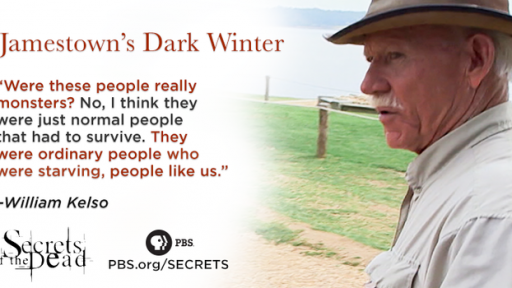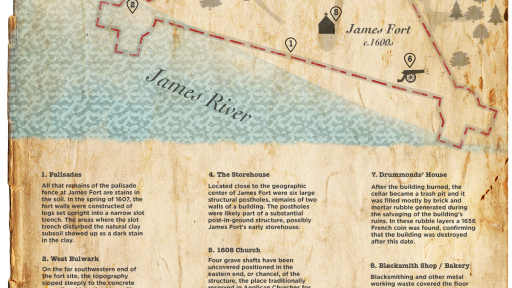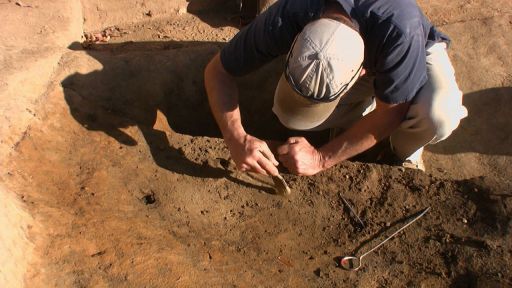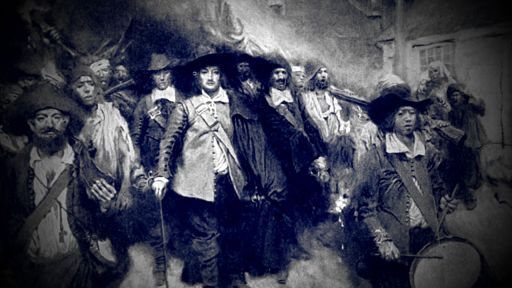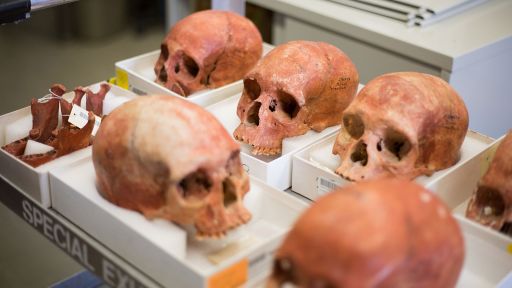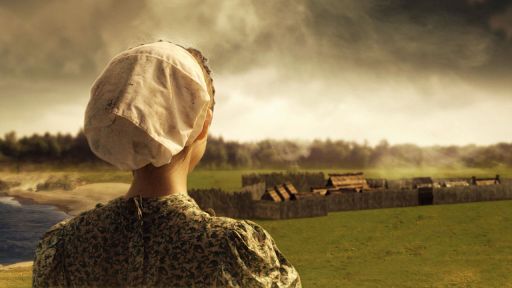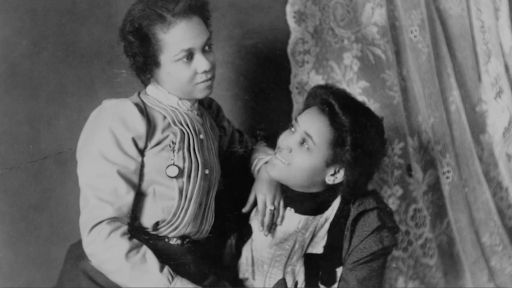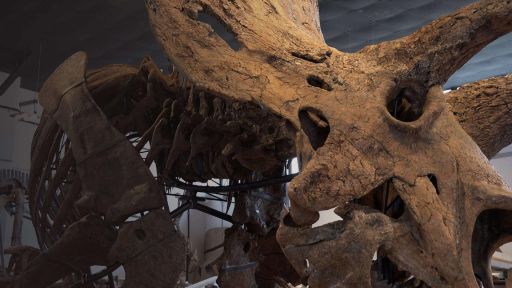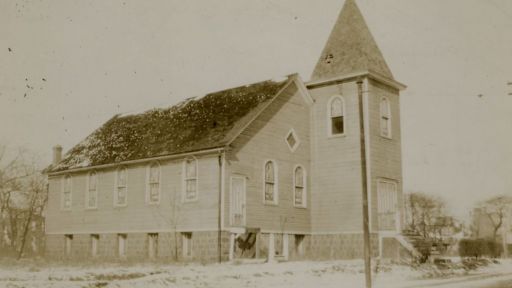Following archaeologists and forensic anthropologists as they excavate the early American colony, Secrets of the Dead: Jamestown’s Dark Winter uncovers a dark secret hidden for more than 400 years – evidence of survival cannibalism at Jamestown during the winter of 1609, often referred to as the “starving time.”
Here are some other survival cannibalism incidents:
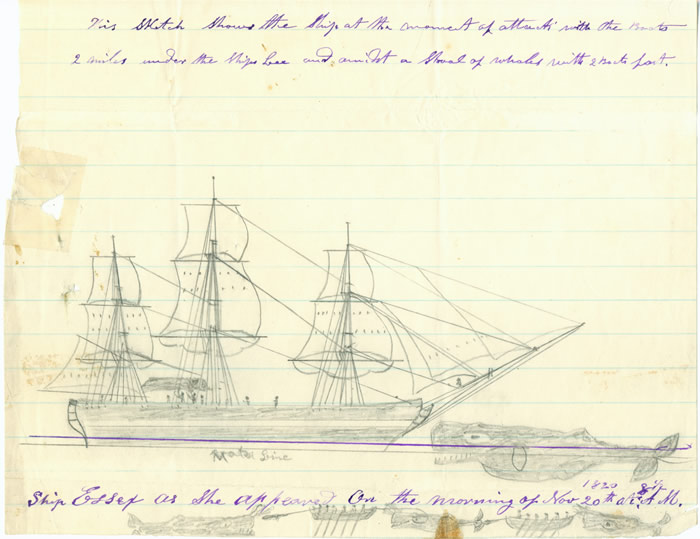
A sketch by Thomas Nickerson depicting the attack and sinking of the ship Essex. Credit: Nantucket Historical Association.
1820 Essex
An American whaleship from Nantucket, Massachusetts, the Essex was attacked and sunk by a sperm whale in the southern Pacific Ocean in 1820. The twenty sailors of captain George Pollard, Jr.’s ship spent 90 days in a small whaling boat, resorting to cannibalism for survival. Eight of them survived and were rescued. First mate Owen Chase and cabin boy Thomas Nickerson wrote accounts of the ordeal, and the incident inspired Herman Melville’s 1851 novel Moby-Dick.
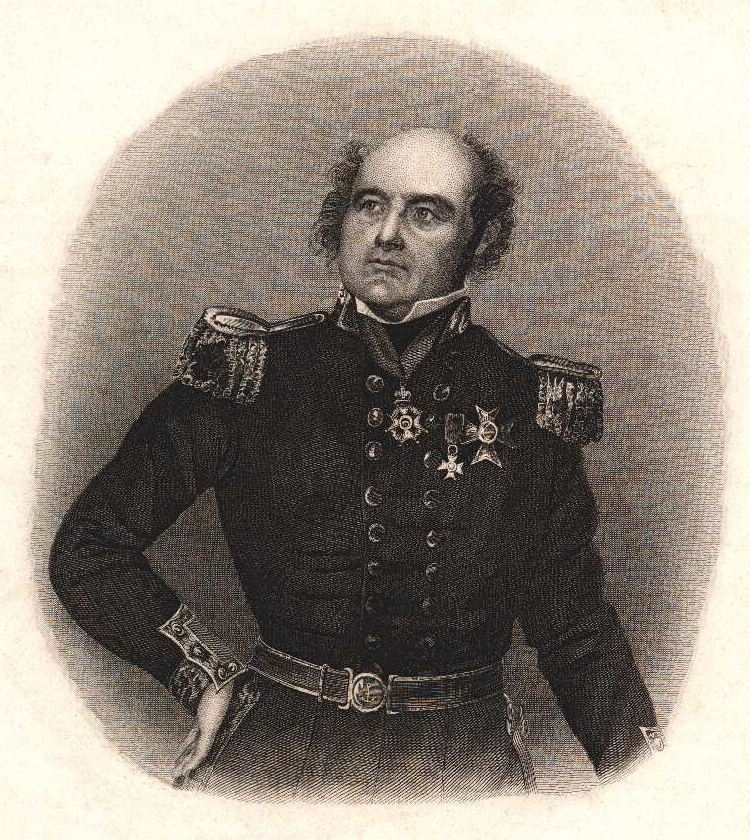
Sir John Franklin (1786–1847), English sea captain and Arctic explorer. Source: Dibner Library Portrait Collection
1845-48 Sir John Franklin’s Arctic Expedition
In May 19, 1845, an expedition led by Sir John Franklin set sail from England with 128 officers and men. Ships carried three years’ supply of food for 128 men. British whalers were the last to see the crew in July 1845. Three crew members perished in the winter of 1845-46 at Beechey Island, and by April 1848, Franklin and 23 others died. In April 1848, the ships were deserted, and survivors headed south, resorting to cannibalism. The combined evidence suggested that hypothermia, hunger,scurvy or lead poisoning, caused by eating badly tinned food, killed everyone on the expedition in the years following its last sighting.
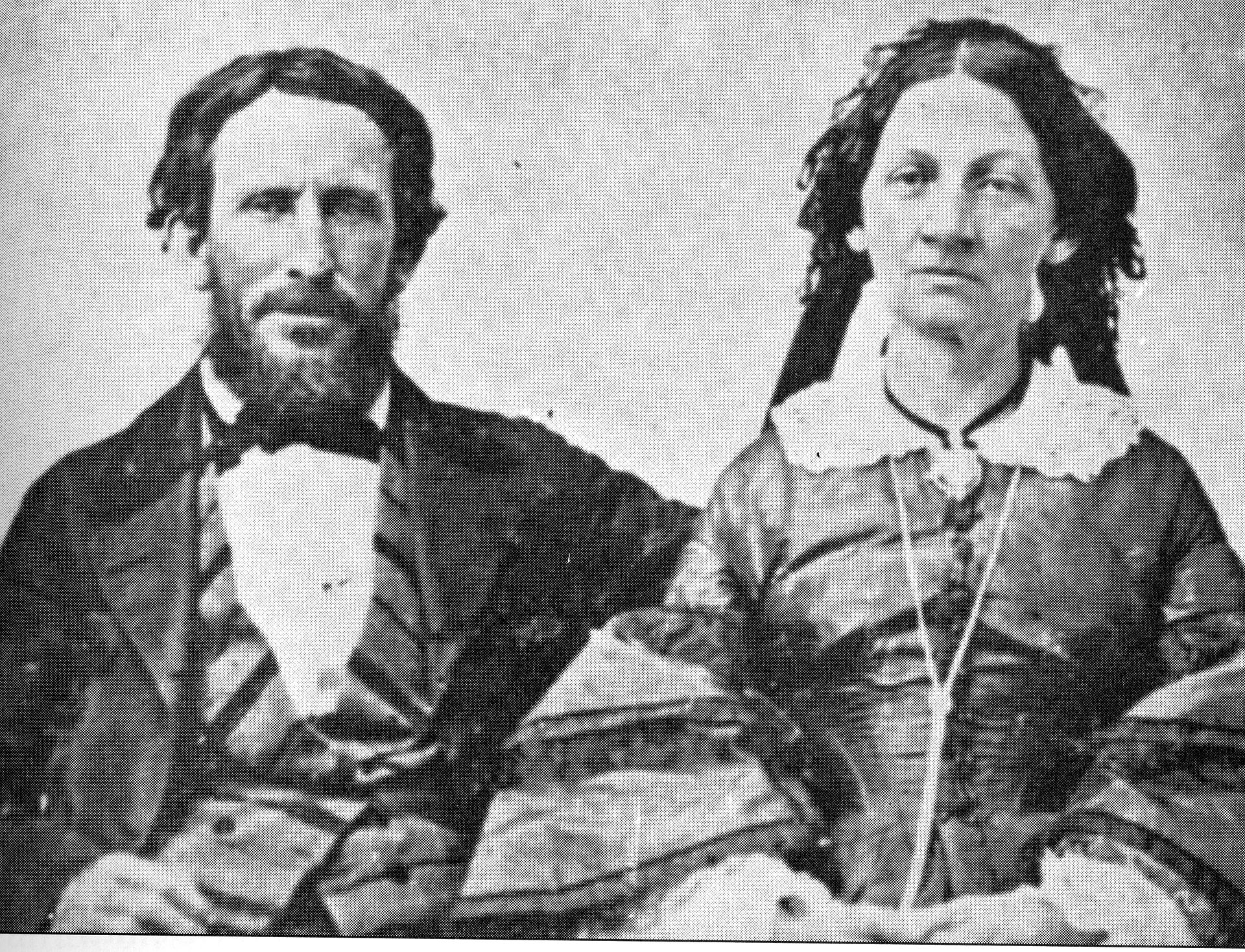
James F. and Margaret (Keyes) Reed, members of the Donner Party.
1846-47 Donner Party
A group of American pioneers led by George Donner and James F. Reed, known as the Donner Party, set out for California in a wagon train. The journey normally took four to six months, but after trying a new route called the Hasting Cutoff, they spent five months in the winter of 1846-47 snowbound in Sierra Nevada – culminating in death and cannibalism. Of the 87 men, women and children, 46 survived.
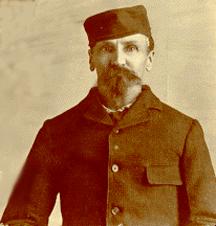
Alferd Packer, 1874 Source: Colorado State Archives: The Alferd Packer Collection
1873-74 Alferd Packer
Alfred G. “Alferd” Packer was an American prospector who confessed to cannibalism during the winter of 1874. He and 20 others departed Provo, Utah for the San Juan Mountains in the Colorado Territory in November 1873. In February 1874, Packer and five men broke away from the rest of their group and attempted to travel through the mountains of Colorado during the peak of harsh winter. When Packer emerged from the woods alone in April of 1874, he claimed that the others had killed each other for food. Packer was tried for murder and eventually sentenced to 40 years in prison after being convicted of manslaughter.
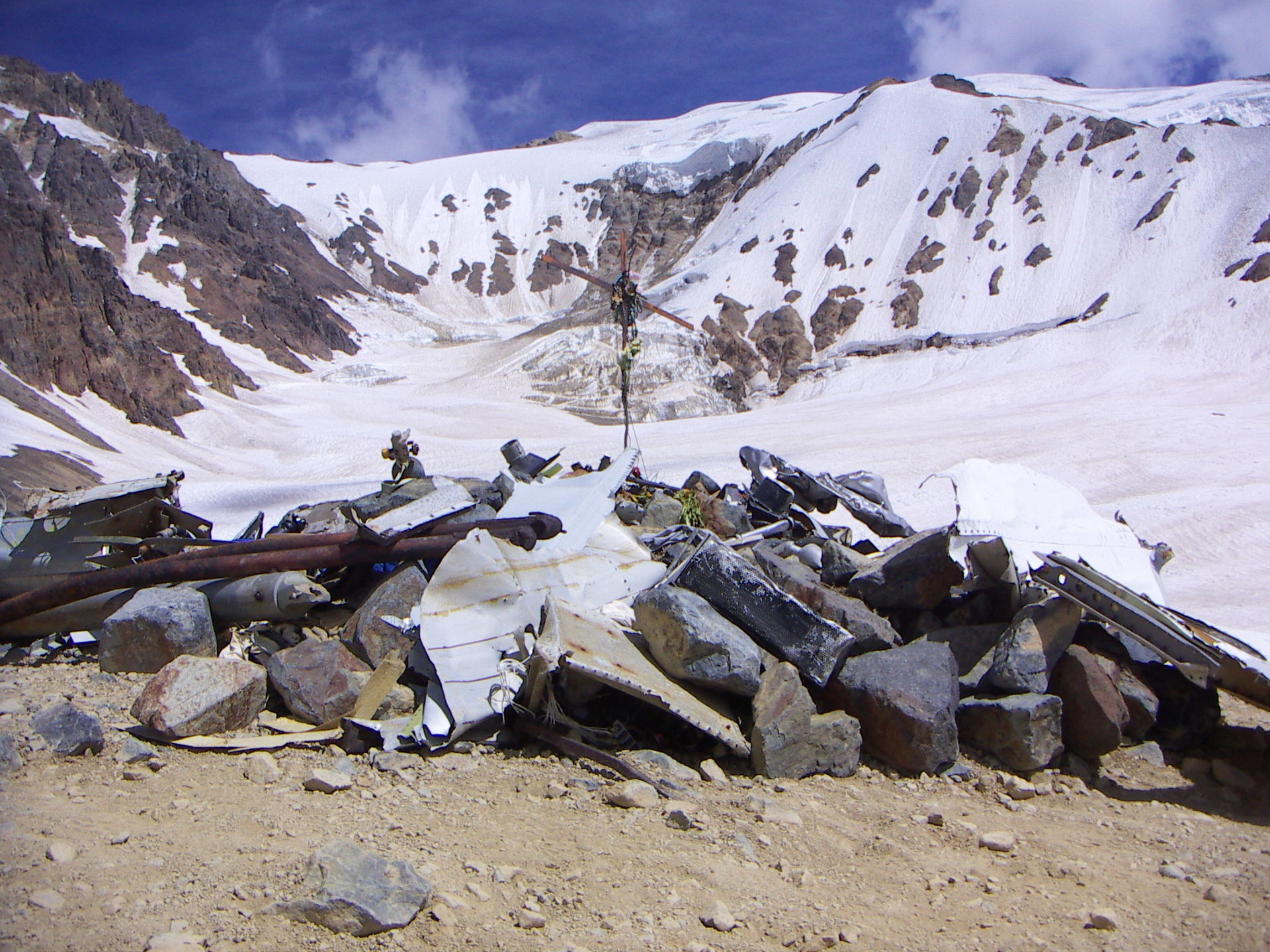
View of the Crash Memorial in February 2006. Credit: BoomerKC
1972 Andes Flight Survivors
On October 13, 1972, chartered flight Uruguayan Air Force Flight 572, carrying 45 people including rugby team members from Stella Maris College in Montevideo and their family members, crashed in the Andes. The rescue operations at the crash site did not begin until December 22, 1972, and the survivors resorted to cannibalism while trapped at the crash site. The story of the survivors was chronicled in Piers Paul Read’s 1974 book, Alive: The Story of the Andes Survivors, in a 1993 film adaptation of the book, called simply Alive, and in a 2008 documentary: Stranded: I’ve Come From a Plane That Crashed on the Mountains.

